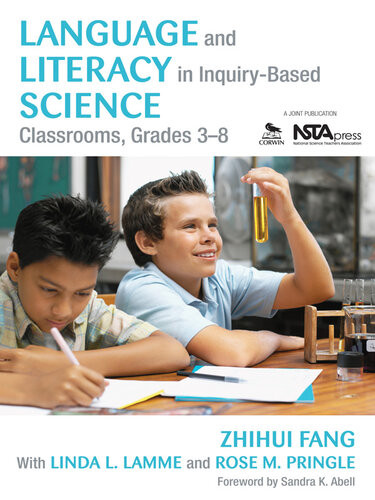

Most ebook files are in PDF format, so you can easily read them using various software such as Foxit Reader or directly on the Google Chrome browser.
Some ebook files are released by publishers in other formats such as .awz, .mobi, .epub, .fb2, etc. You may need to install specific software to read these formats on mobile/PC, such as Calibre.
Please read the tutorial at this link: https://ebookbell.com/faq
We offer FREE conversion to the popular formats you request; however, this may take some time. Therefore, right after payment, please email us, and we will try to provide the service as quickly as possible.
For some exceptional file formats or broken links (if any), please refrain from opening any disputes. Instead, email us first, and we will try to assist within a maximum of 6 hours.
EbookBell Team

4.1
80 reviews"Finally, a book with sound research and ready-to-use strategies to connect reading and science!"
—Jenny Sue Flannagan, Director, Martinson Center for Mathematics and Science, School of Education, Regent University
"This work shows how reading scientific texts differs from reading literary texts and describes the tools teachers need to teach reading in science."
—Stephen P. Norris, Canada Research Chair in Scientific Literacy, University of Alberta
"The authors address what few recognize—that reading is an issue in science, but ultimately no one is teaching students to read science."
—Sally Koczan, Science Teacher, Wydown Middle School, Clayton, MO
Boost students′ understanding of science with literacy strategies!
Research has long supported the positive effects of integrating literacy practices into the science curriculum; now this helpful and timely resource offers science educators effective strategies that they can implement immediately. Teachers of students in Grades 3–8 will find innovative ideas—aligned with national science education standards—for incorporating language analysis and science literature into inquiry-based science classrooms. Included are activities as well as sample lessons to help students:
This volume is valuable for teachers, leaders of professional development workshops, institutes, topical seminars in science and literacy, science and reading methods courses, and study groups.